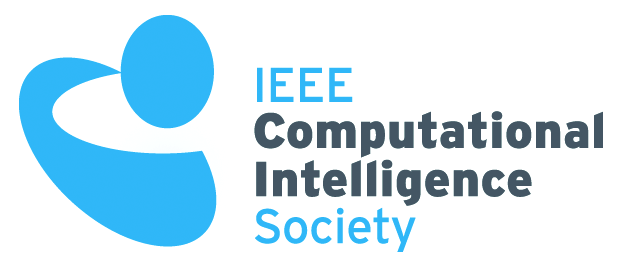

Memetic Computing (MC) is defined as a paradigm that uses the notion of meme(s) as units of information encoded in computational representations for the purpose of problem-solving. MC first emerged as population-based meta-heuristic algorithms or hybrid global-local search or more commonly now as memetic algorithm (MA), inspired by Darwinian principles of natural selection and Dawkins’ notion of a meme defined as a unit of cultural evolution that is capable of local/individual refinements. The metaphorical parallels to, on the one hand, Darwinian evolution and, on the other hand, between memes and domain specific heuristics are captured within MAs thus rendering a methodology that balances well generality and problem-specificity.
Taking advantage of both biological selection and cultural selection, a plethora of potentially rich MC methodologies, frameworks and operational meme-inspired algorithms have been developed with considerable success in several real-world domains. Yet, there remain many open issues and opportunities that are continually emerging as intriguing challenges for the field. The primary target of this task force is to promote research on Memetic Computing. Further the task force aims at bringing researchers from academia and industry together to explore future directions of research and to publicize the new and emerging concept of memetics in computational intelligence to a wider audience. Specifically, we seek for diverse state-of-the-art concepts, theory, and practice of memetic computation that are close to evolutionary principles.
Yaqin Hou, Dalian University of Technology, China
Ferrante Neri, University of Surrey, UK
Maoguo Gong, Xidian University, China
Zexuan Zhu, Shenzhen University, China
Yew-Soon Ong, Nanyang Technological University, Singapore
Tang Ke, University of Science and Technology of China, China
Donald C. Wunsch, University of Missouri Rolla, USA
Ying-ping Chen, National Chiao Tung University, Taiwan
Meng-Hiot Lim, Nanyang Technological University, Singapore
Licheng Jiao, Xidian University, China
Natalio Krasnogor, Newcastle University, UK
Steven Gustafson, GE Global Research, USA
Kay Chen Tan, City University of Hong Kong, Hongkong
Yaochu Jin, Westlake University, China
Chuan-Kang Ting, National Chung Cheng University, Taiwan
Jim Smith, The University of the West of England, UK
Ruhul Sarker, The University of New South Wales, Australia
Shaheen Fatima, Loughborough University, UK
Chi Keong Goh, Advanced Technology Centre, Rolls-Royce Singapore Pte. Ltd, Singapore
Swagatam Das, Indian Statistical Institute, India
Gary Lee Kee Khoon, Institute of High Performance Computing, A-Star, Singapore
Yanqing Zhang, Georgia State University, USA
Pablo Moscato, The University of Newcastle, Australia
Carlos Cotta, Universidad de Málaga, Spain
Anna Kononova, Heriot-Watt University, UK
Ernesto Mininno, Technical University of Bari, Italy
Bo Liu, Academy of Mathematics and Systems Science, Chinese Academy of Sciences, China
Liang Feng, Chongqing University, China

